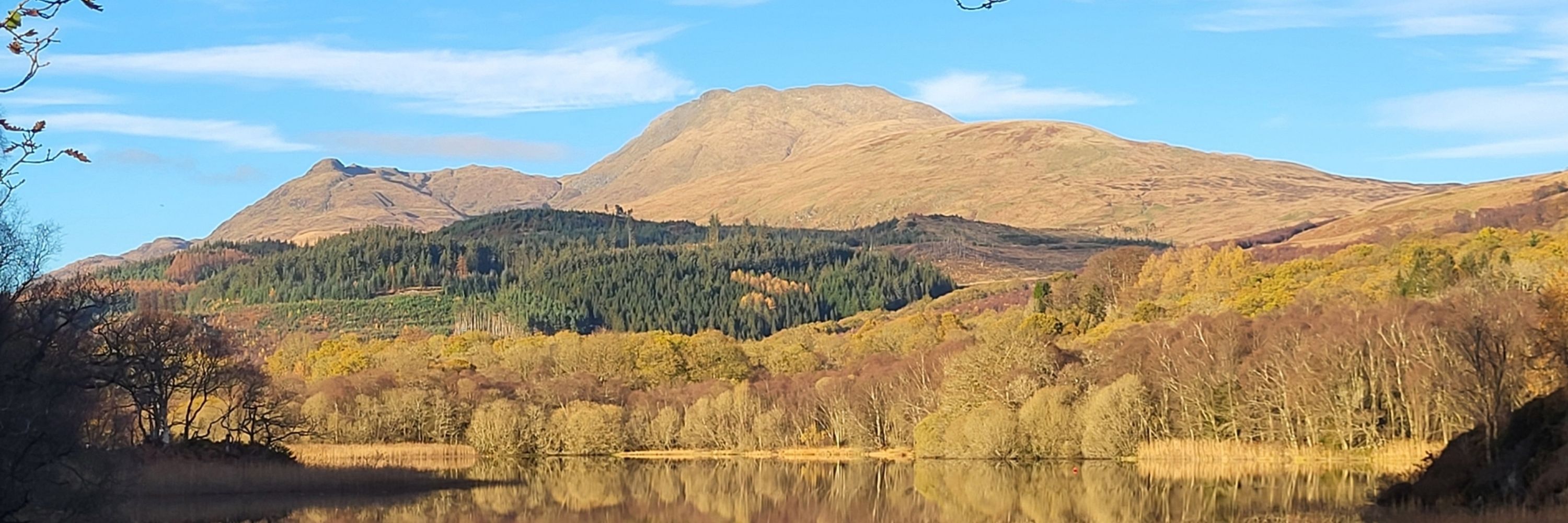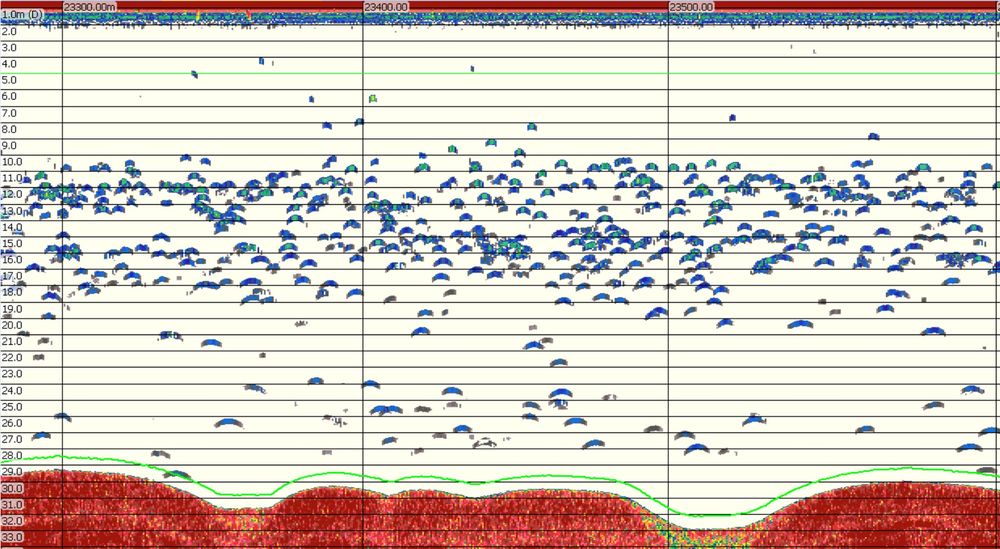ProfColinBean
@profcolinbean.bsky.social
1.8K followers
1.1K following
540 posts
Freshwater fish biologist - big on rare species, their ecology and conservation. Also known to dabble in non-native species issues. Personal account and all views are entirely my own. Leantóir Celtic FC 🍀
Posts
Media
Videos
Starter Packs
Reposted by ProfColinBean










